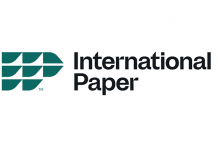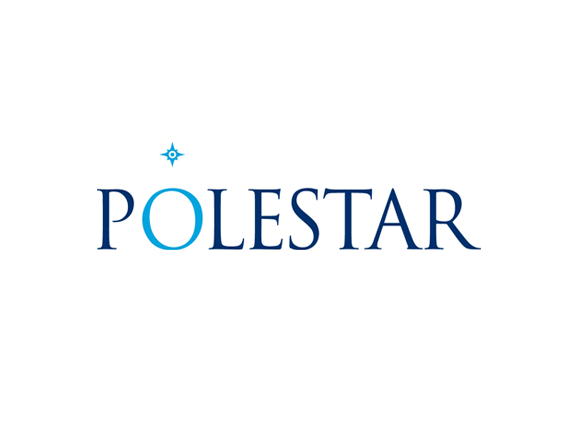Following the recent developments in the tobacco industry and the effects of the UK government’s plain-packaging rules there is much debate as to whether the same rules will also be rolled out for other consumer goods considered ripe for ‘plain packaging’ to curb consumer behaviour (or tax it) such as confectionary and alcohol.
It is undeniable that the effects of the government’s plain-packaging rules are far reaching and with considerable impact to the brand owners and the packaging supply chain.
However, legislating tobacco-style plain packaging for confectionery is a disproportionate response to the obesity crisis and strips companies of valuable trademarks, writes the Institute of Economic Affairs’ head of lifestyle economics.
‘Plain packaging’ is a policy which eliminates all branding and visual design elements on products and forces manufacturers to use state-mandated colours and typefaces to create homogenized packaging with no differentiating features. Plain packaging is currently only applied to tobacco products in a handful of countries worldwide, but if health activists have their way this could obviously change.
With governments such as the UK passing tobacco-style ‘sin taxes’ on soft drinks and discussing tobacco-style advertising bans on fast food, we must consider that it is conceivable that they will come a day when tobacco-style plain packaging laws are implements for confectionary and alcohol as well.
The governments of Australia, the UK, France, New Zealand and Norway have all passed legislation enforcing plain packaging on tobacco products, and signs indicate that confectionery will soon follow as the World Health Organisation (WHO) has targeted confectionery for stronger regulatory measures.
As reported by Christopher Snowdon (Director of Lifestyle Economics at the Institute of Economic Affairs. the Ontario Medical Association has already begun designing plain packaging for pizza boxes and soft drinks, replacing company logos with photos of diseased livers and gangrenous feet.
Central to the issue for brand owners and the impact on the businesses of packaging manufacturers of any plain packaging legislation include the impact of making counterfeiting easier which in turn hits volumes and profitability.
Mike Ridgway, who represents and lobbies on behalf of a group of seven packaging manufacturers in the tobacco market, previously explained: “From a manufacturing point of view, it significantly reduces the added value opportunities; and there is a reduction in packaging materials. This has an impact on profitability, employment, future investment and so on.”
In terms of confectionary and soft drinks alcohol similar plain-packaging laws could redefine the intellectual property rights of consumer brands such as Cadbury, Coca-Cola and Mars.
As Snowdon wrote in his ipwatchdog.com article, neither side of the argument denies that very high levels of sugar consumption increase the risk of obesity and everyone is agreed on the need to look for solutions to diabetes and heart disease, but to strip a business of its valuable trademarks is neither a proportionate nor effective way to go about it.
The free market is founded on property rights, including intellectual property rights and it is an issue for much debate as to see governments sweep away these rights in the tobacco sector on little more than a whim then the real question is where will this trend take the government next?
Packaging is one of the worlds’ largest industries and with plain-packaging laws it is at a crossroad, one turn leads to a managed decline, loss of jobs and revenue, the other (a free market economy) leads to people needing to take ownership of their actions and an economic status quo for the industry.










